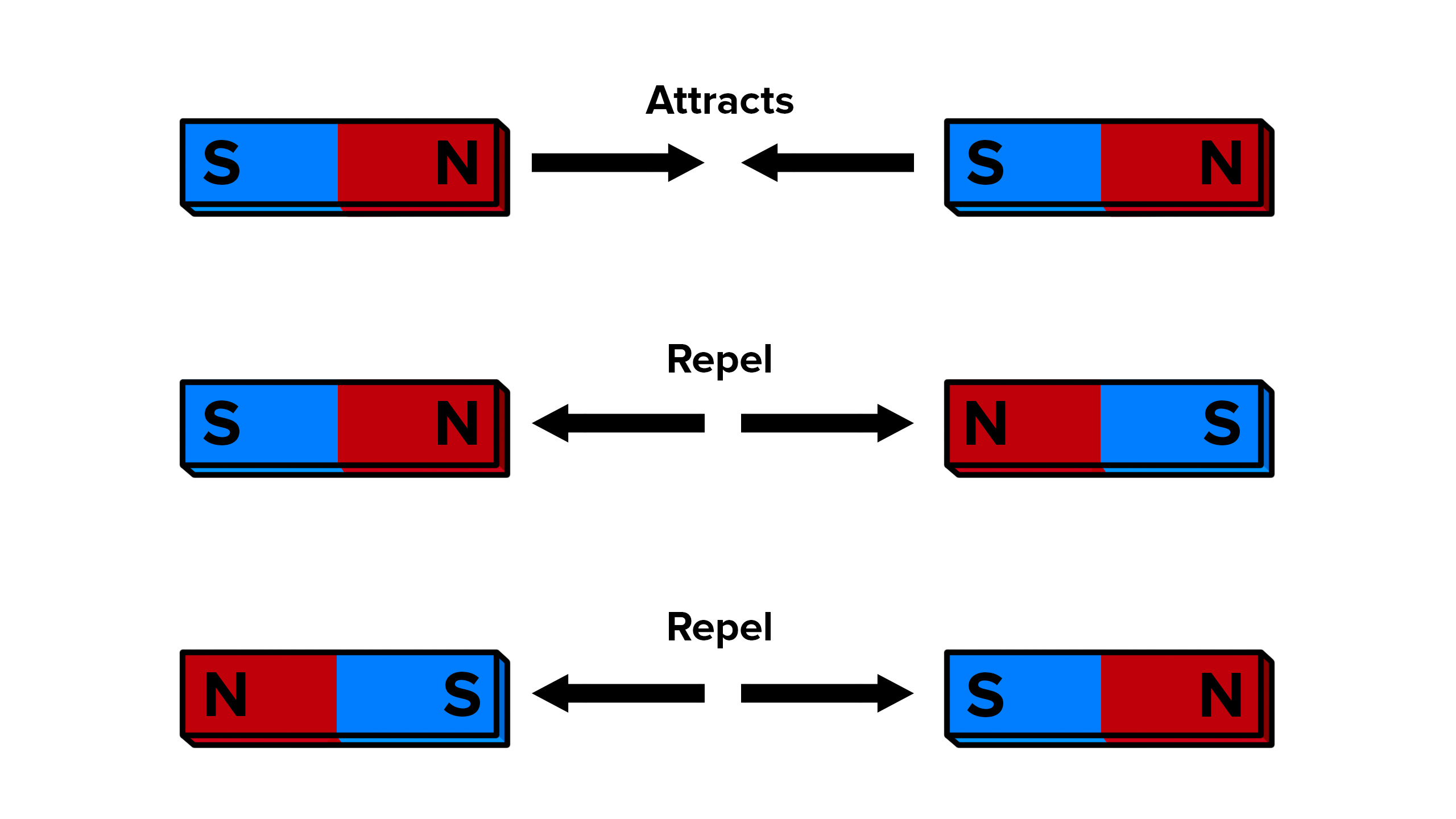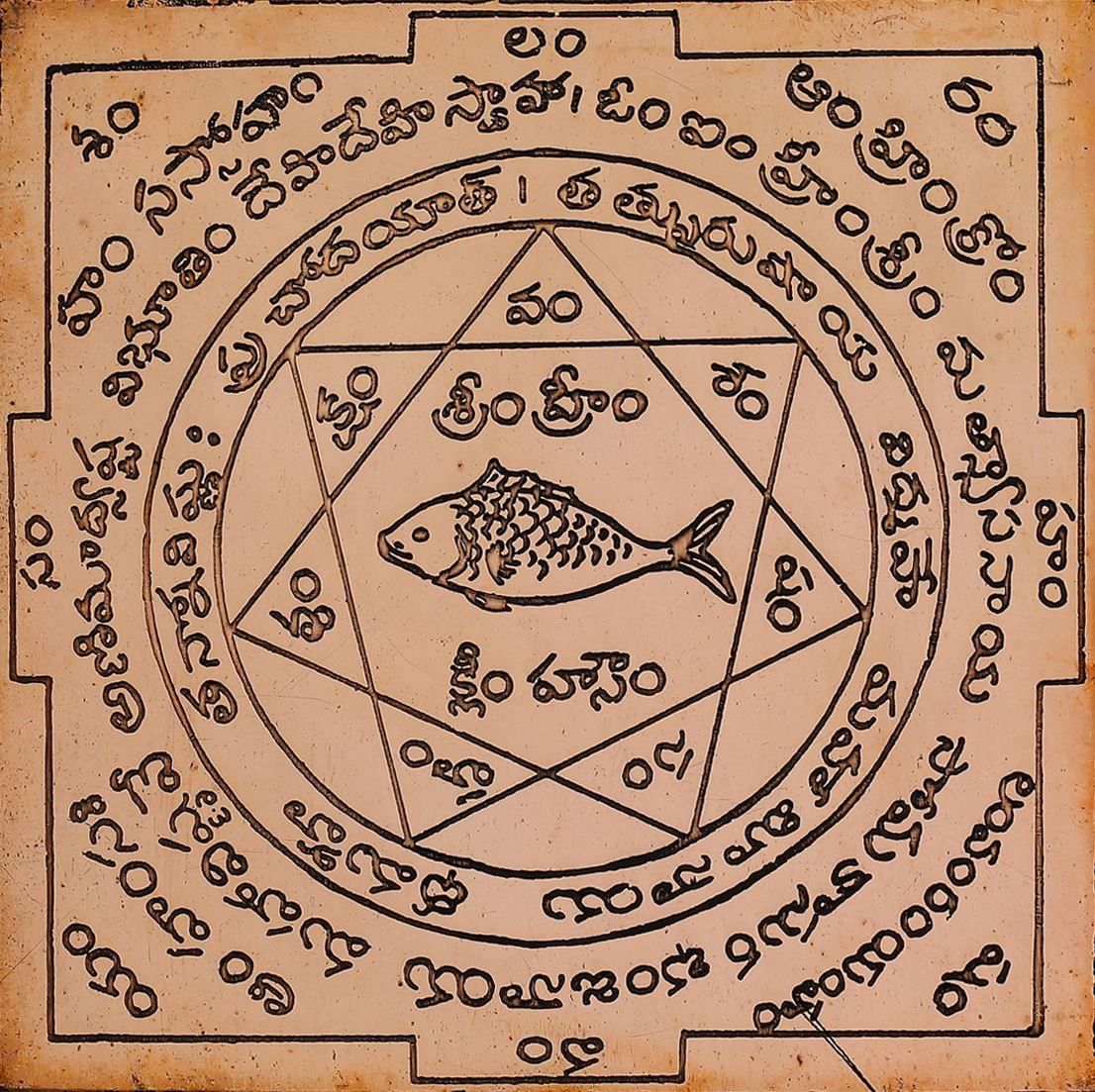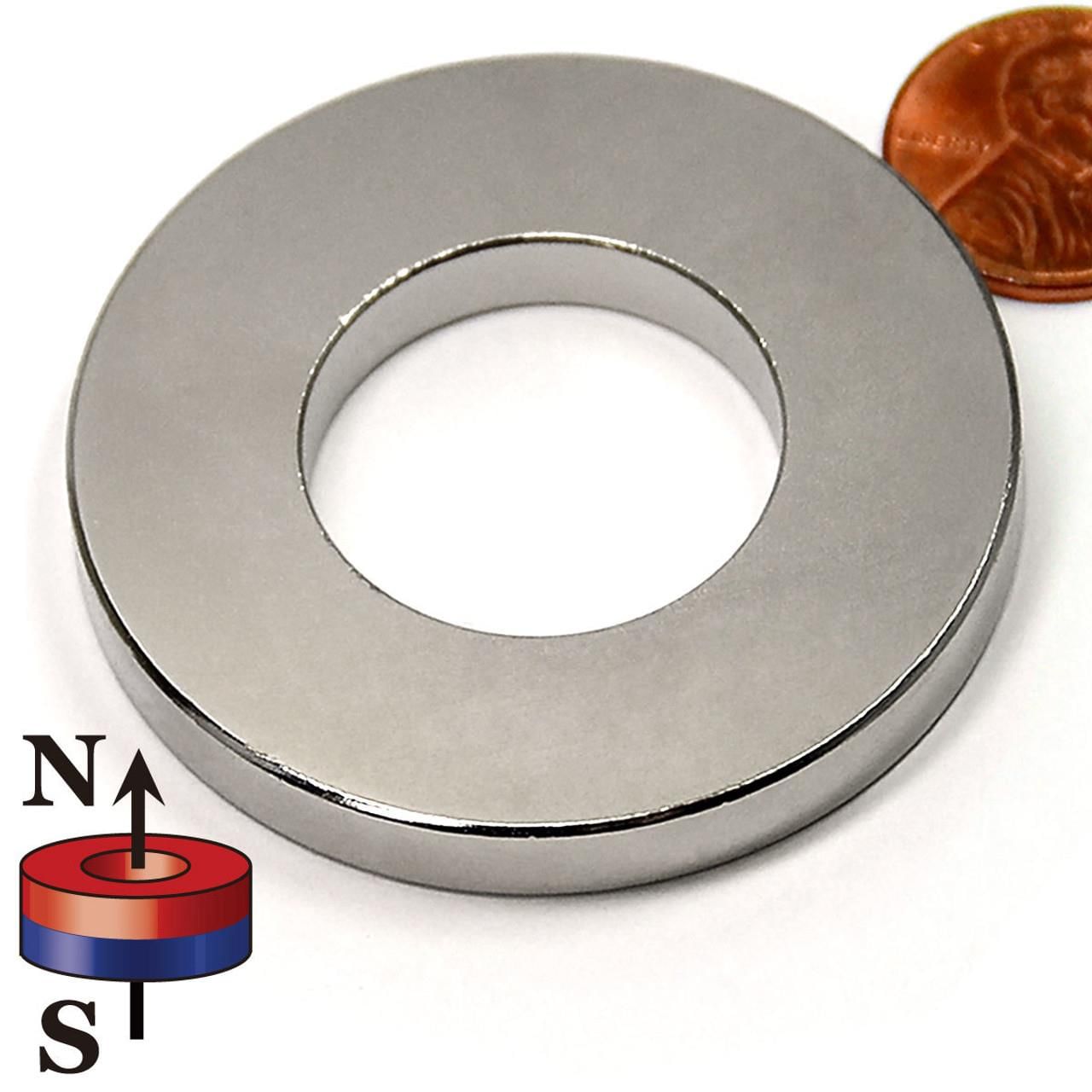Very Short Question Answers: Exploring Magnets | Short & Long Answer Questions for Class 6 PDF Download
Q1: What materials are attracted to magnets?
Ans: Iron, nickel, and cobalt.
Q2: Name a non-magnetic material.
Ans: Wood.
Q3: What are the two poles of a magnet called?
Ans: North Pole and South Pole.
Q4: Why do iron filings stick more at the poles of a magnet?
Ans: The magnetic force is strongest at the poles.
Q5: In what direction does a freely suspended magnet point?
Ans: North-South direction.
Q6: What device helps find directions using a magnet?
Ans: Magnetic compass.
Q7: What is the purpose of the red-painted end of a compass needle?
Ans: It indicates the North direction.
Q8: What is the Matsya-Yantra?
Ans: An ancient Indian navigation tool similar to a compass.
Q9: How can you make a simple compass at home?
Ans: Use a sewing needle, cork, and water.
Q10: What happens when you rotate a compass and let it go?
Ans: It settles back to point North-South.
Q11: What happens when opposite poles of two magnets are brought close together?
Ans: They attract each other.
Q12: How can you identify the North pole of a magnet?
Ans: It is often labeled "N" or marked with a white dot.
Q13: What is the result when like poles of magnets are near each other?
Ans: They repel each other.
Q14: What is a common application of magnets in games?
Ans: Magnetic mazes.
Q15: How can you lift a steel paper clip from water using a magnet?
Ans: By using a magnet without touching the water.
Q16: What should you avoid to keep magnets safe?
Ans: Heating, dropping, or hammering them.
Q17: How can magnets be used to make objects float?
Ans: By using opposing magnetic forces.
Q18: What type of devices should magnets be kept away from?
Ans: Electronics like mobile phones.
Q19: What is a compass used for?
Ans: To show direction using a magnetized needle.
Q20: What happens to a magnet if it is cut into two pieces?
Ans: Each piece becomes a smaller magnet with its own North and South poles.
FAQs on Very Short Question Answers: Exploring Magnets - Short & Long Answer Questions for Class 6
| 1. What are magnets and how do they work? |  |
| 2. How can magnets be used in everyday life? |  |
| 3. Can magnets lose their magnetic properties over time? |  |
| 4. What are the different types of magnets available? |  |
| 5. How can you demagnetize a magnet? |  |






















